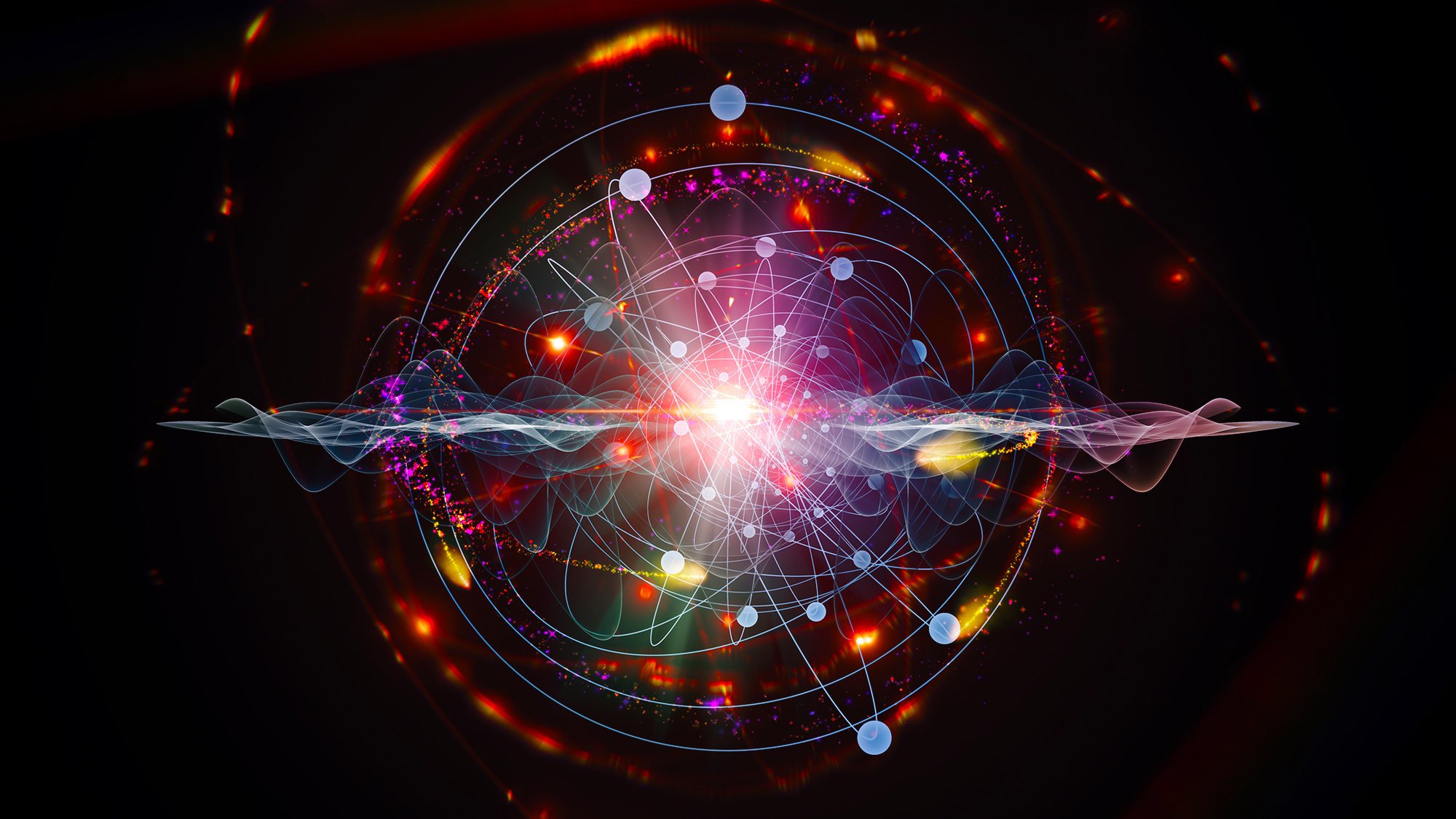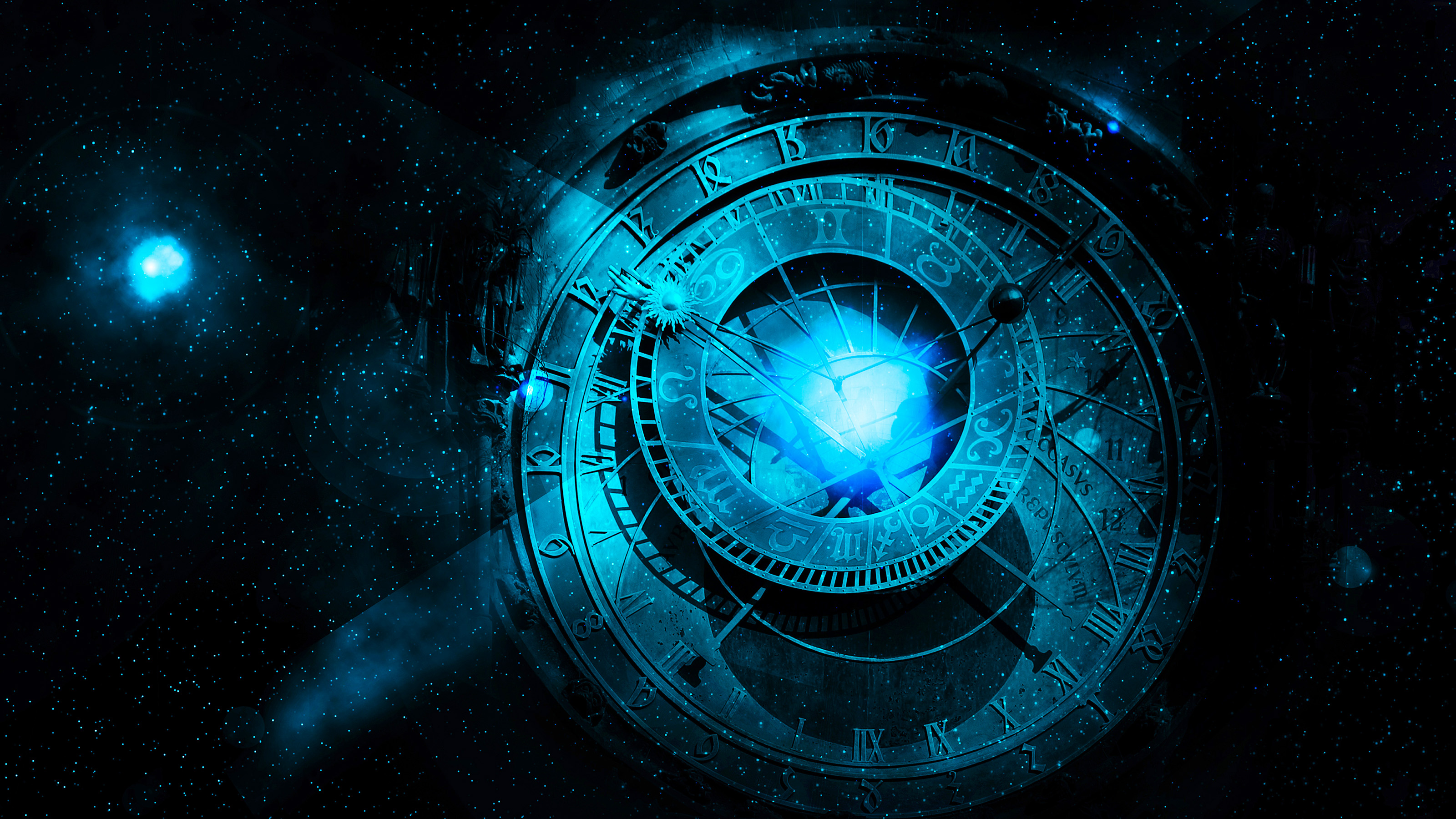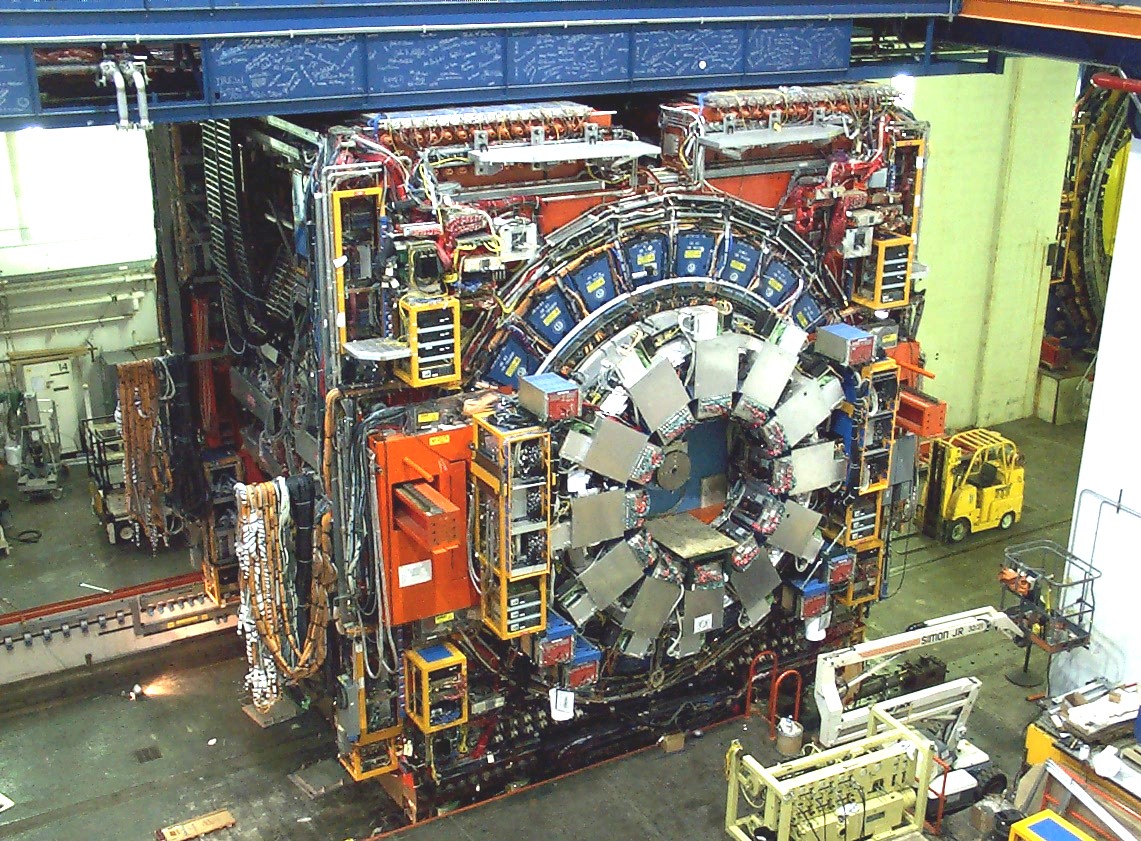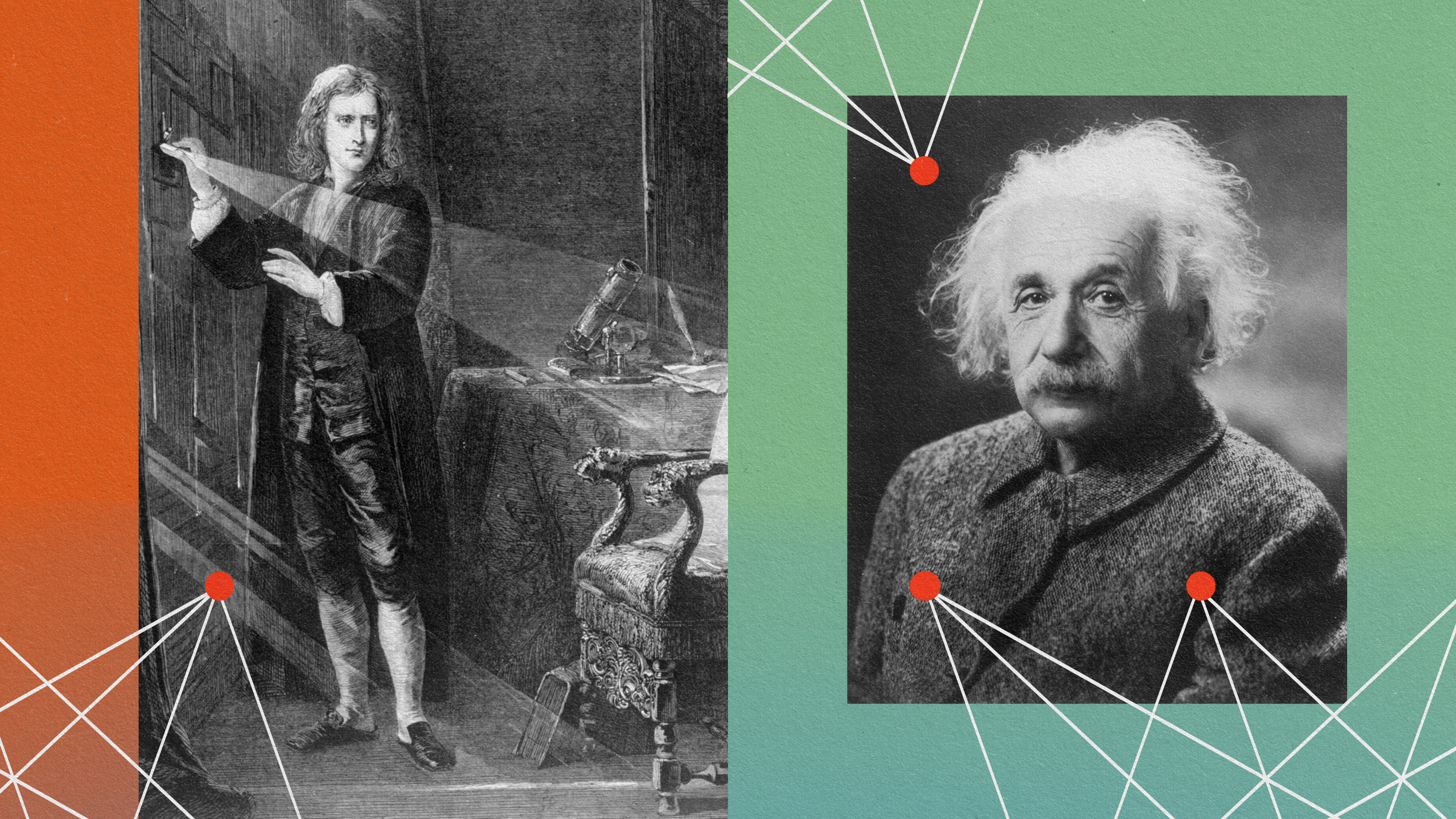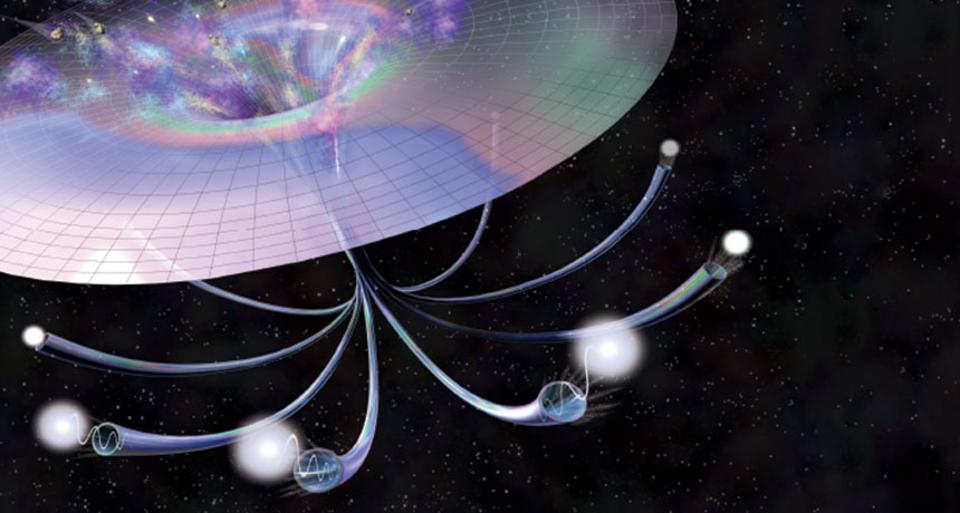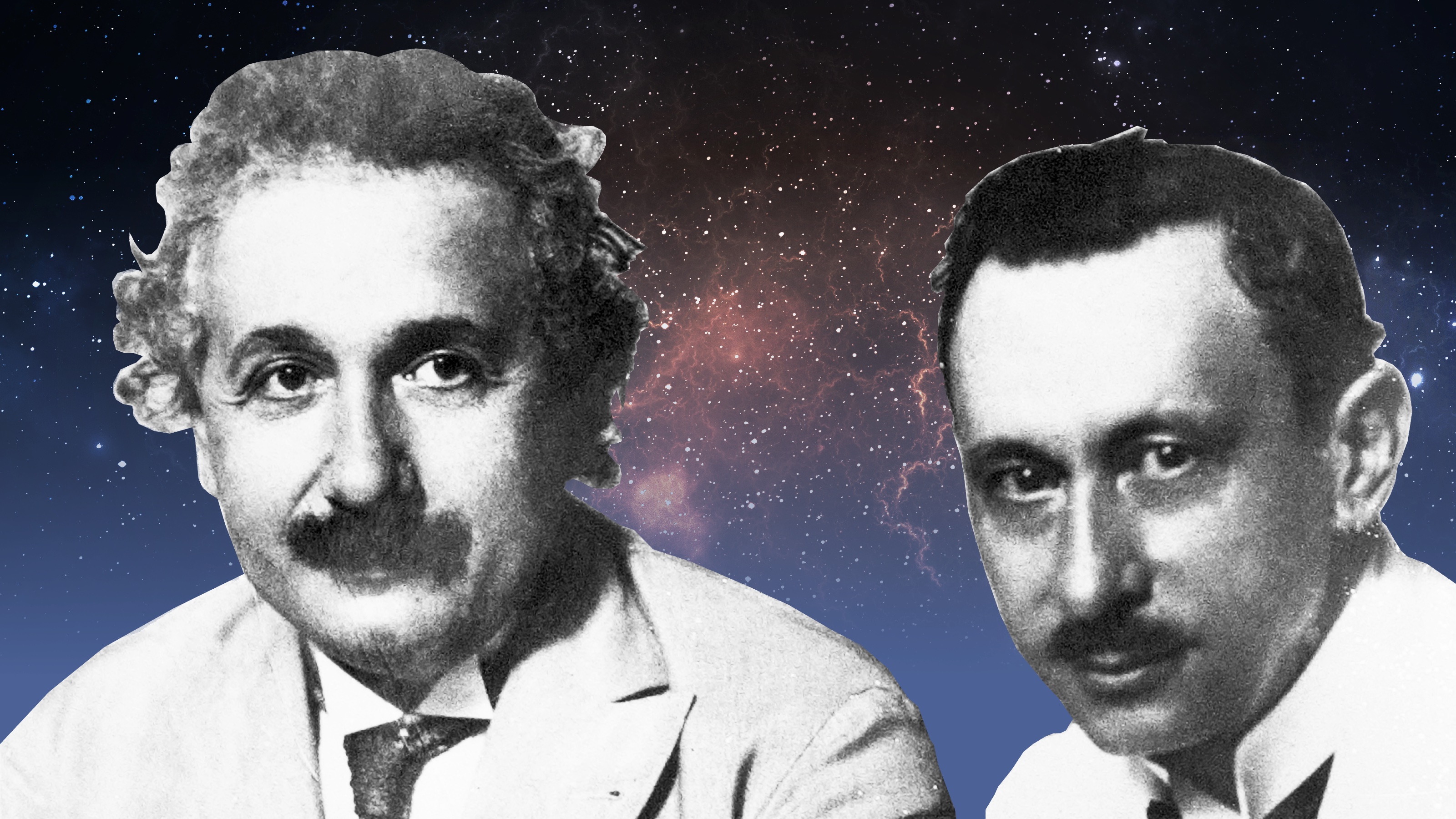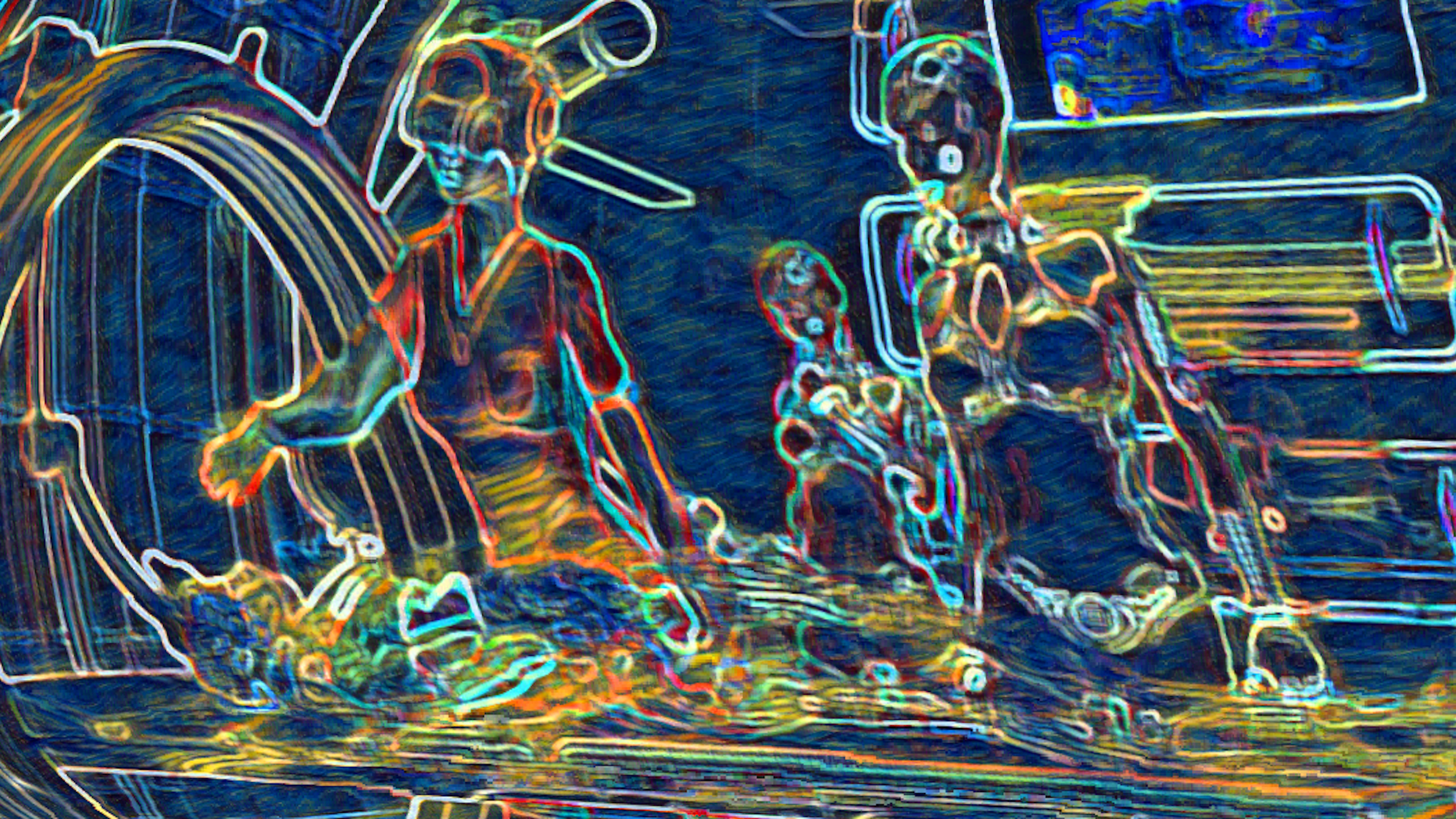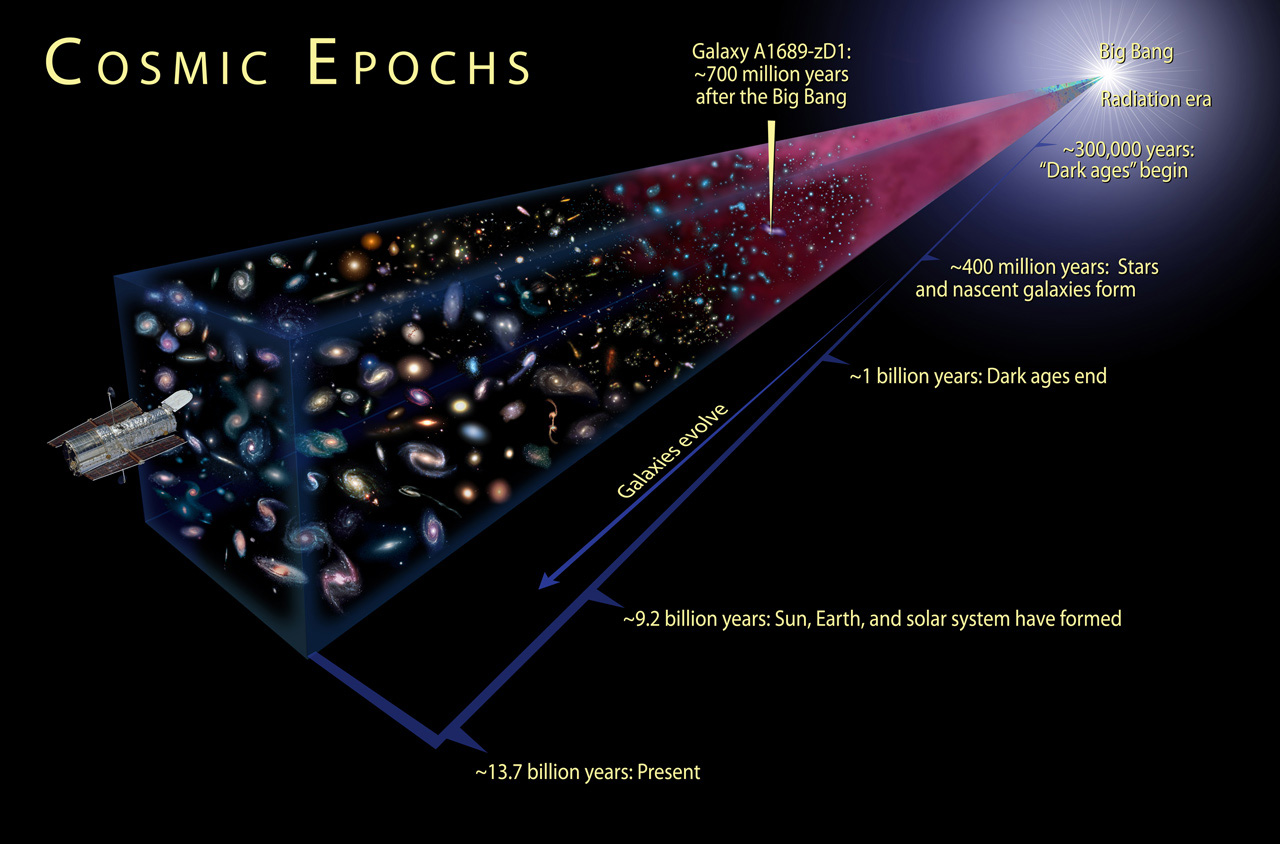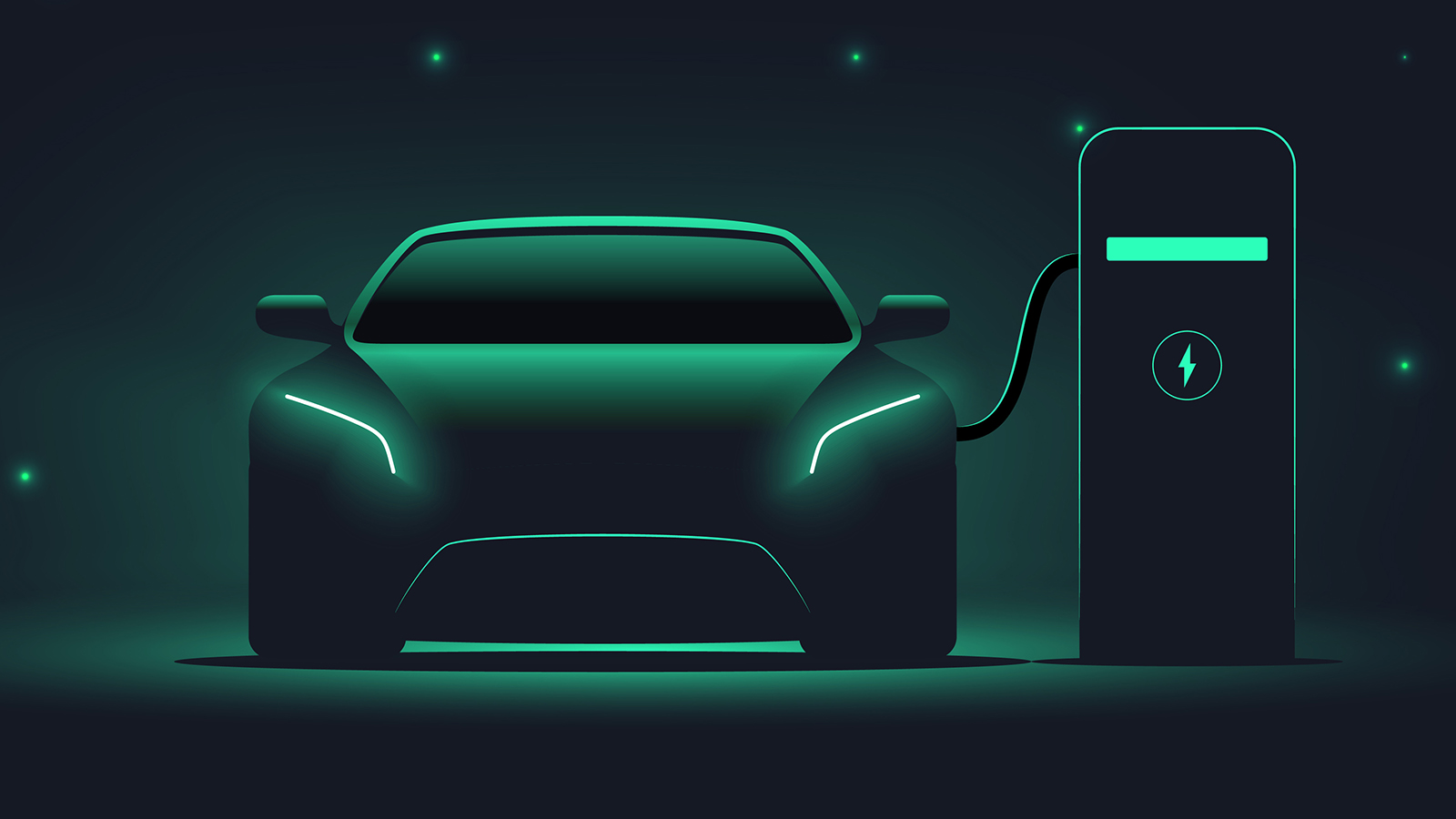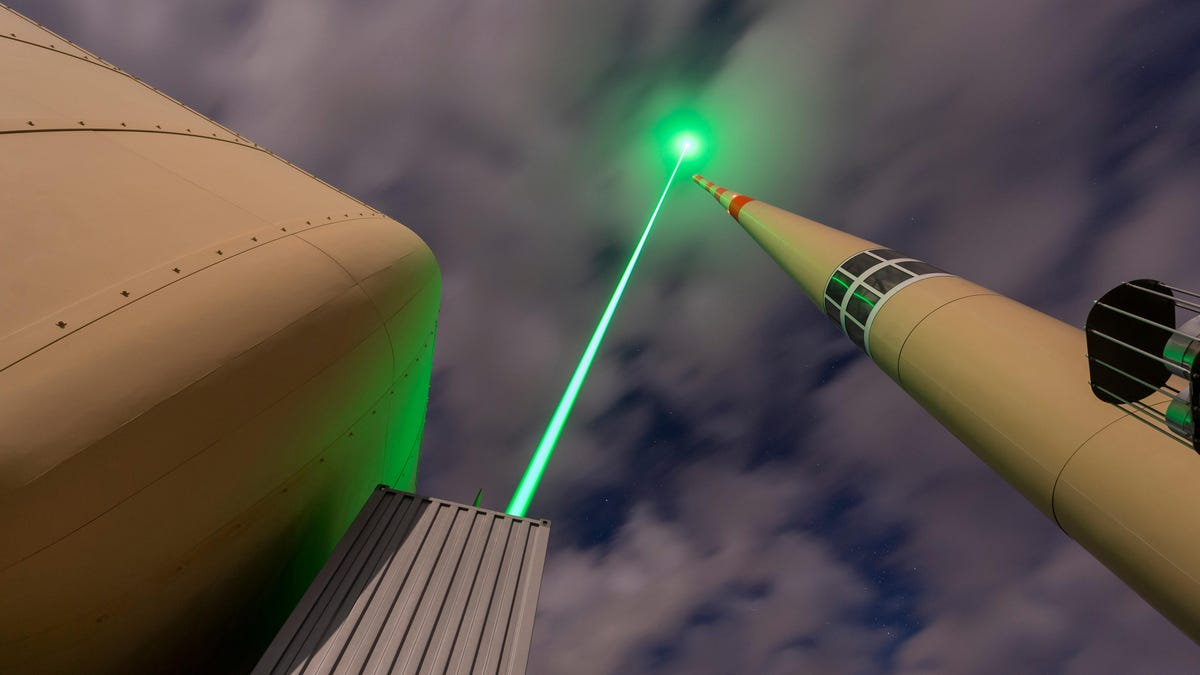No matter how good our measurement devices get, certain quantum properties always possess an inherent uncertainty. Can we figure out why?
Search Results
You searched for: energy
Modern cosmology conjectures different possible fates for the Universe and thus for the end of time. Details depend on which model is right.
Scientists might be looking for Martian life in the wrong place.
Earth is not a benign mother. We have begun to witness what happens when it unleashes its fury.
Your brain may notice fearful faces, even if you don’t consciously realize it.
The intensely white coloration of the shrimp is a remarkable feat of bioengineering.
Fermilab’s TeVatron just released the best mass measurement of the W-boson, ever. Here’s what doesn’t add up.
Hinduism emphasizes the journey, whichever path that takes. And it holds us responsible for our own self-improvement.
Steam cars hit the U.S. market in the 1890s but were largely extinct by the 1930s. Will technology bring them back?
SpinLaunch will cleverly attempt to reach space with minimal rocket fuel. But will physics prevent a full-scale version from succeeding?
What we call “basic research” is actually the most cutting-edge. It underpins knowledge, and without it, technology does not come into being.
If the electromagnetic and weak forces unify to make the electroweak force, maybe, at even higher energies, something even greater happens?
Perhaps wormholes will no longer be relegated to the realm of science fiction.
Twin Health lets patients with diabetes see what’s happening inside their own body and can model each patient’s unique metabolism.
Lynda Gratton, a professor of management practice at the London Business School, explains how business leaders can navigate a future in constant flux.
From the explosions themselves to their unique and vibrant colors, the fireworks displays we adore require quantum physics.
Who’s afraid of utopia? AI doubters have cold feet. History can warm them.
As we gain new knowledge, our scientific picture of how the Universe works must evolve. This is a feature of the Big Bang, not a bug.
“Feedback is a gift,” is an easy bumper sticker to apply, but a harder philosophy to put into execution in your real life.
Cancer likes glucose. So take it away.
The anxieties underpinning the Great Resignation were simmering for a long time. Here’s a solution.
How scientists found out that we live in a cosmic aquarium.
From cosmetic procedures to heart operations, the introduction of AI will create an ethical minefield.
With a finite 13.8 billion years having passed since the Big Bang, there’s an edge to what we can see: the cosmic horizon. What’s it like?
A lucky discovery involving lithium-sulfur batteries has a legitimate chance to revolutionize how we power our world.
Compared to people who took a placebo, the brains of those who took caffeine pills had a temporarily smaller gray matter volume.
Antioxidant vitamins don’t stress us like plants do—and don’t have their beneficial effect.
The media sells bad news, but scientific evidence shows that we are making progress toward a greener planet.
Laser-guided lightning systems could someday offer much greater protection than lightning rods.
